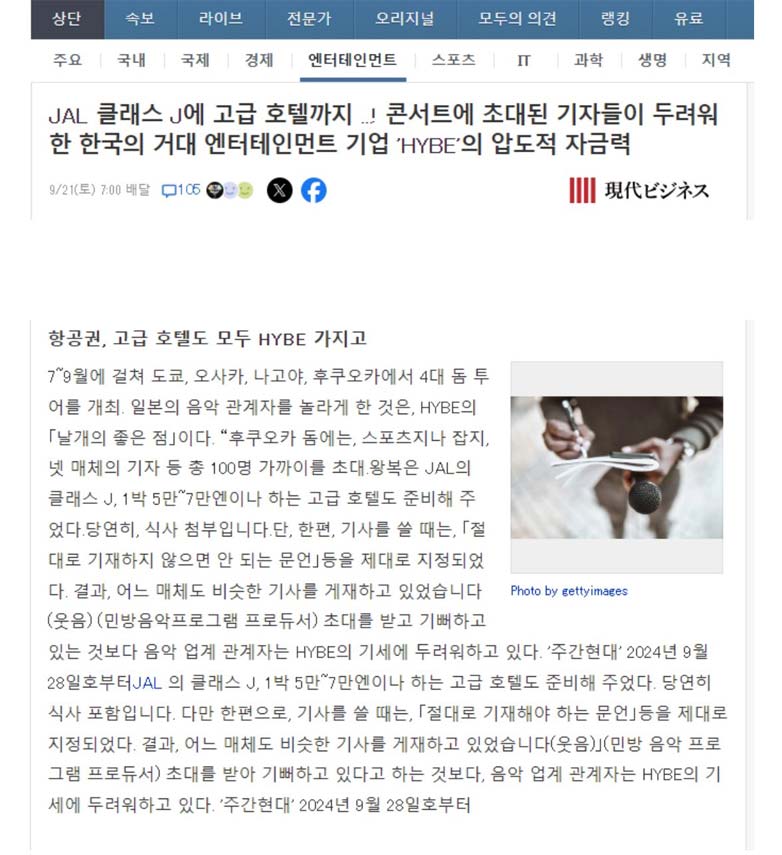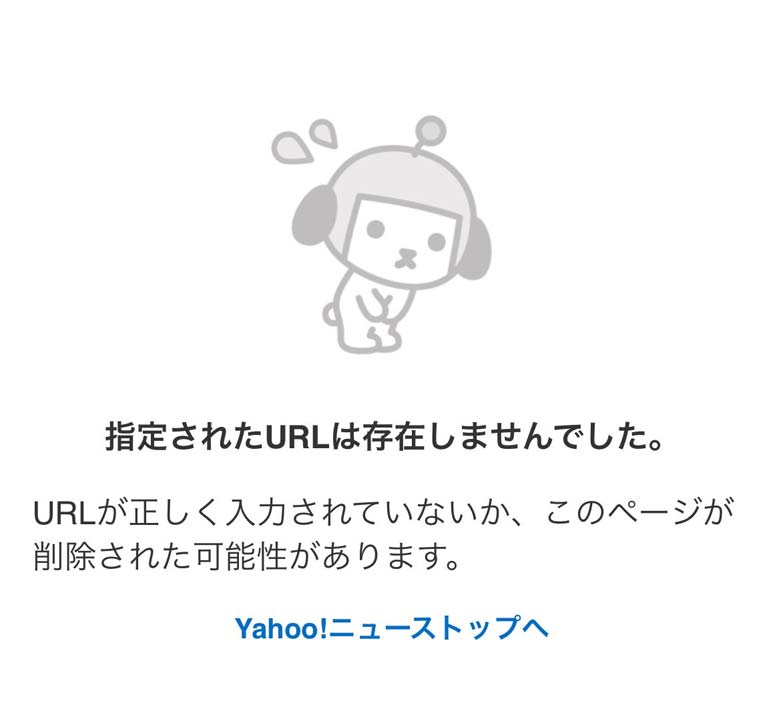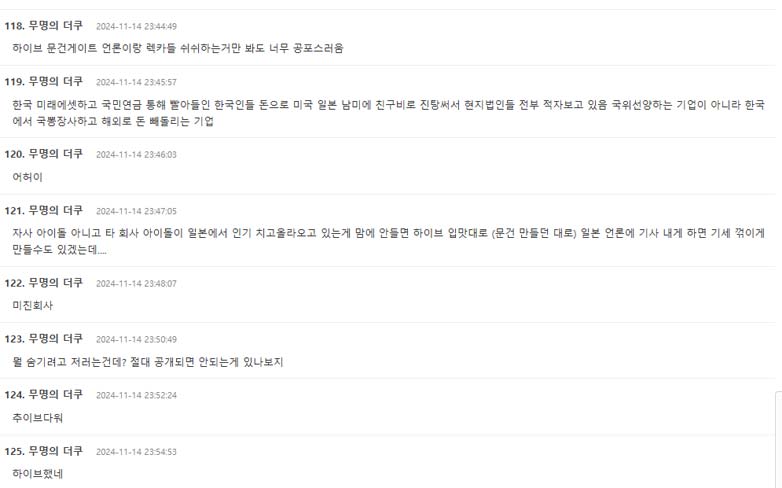Imagine flying on first-class airlines and staying in a five-star hotel, with all expenses covered by the very company you’re there to cover! Does it sound too good to be true? Not at all! In fact, HYBE has allegedly provided all these luxury hotels and facilities for its Japanese media reporters, resulting in a new payola controversy against the company. So, what really happened? Are these really the reasons why HYBE has been losing so many profits despite its massive revenue? Join us in a complete discussion below.
HYBE Provides Luxury Flights & Hotels for 100 Media Reporters
Another pile of homework is coming for HYBE management to face as the company must face another payola controversy. Recently, HYBE found itself in hot water again after reports surfaced about luxurious perks given to media reporters.
However, with an article on Yahoo Japan claiming exactly that and then mysteriously disappearing, it seems the story only gets more intriguing.
On November 14, a Korean netizen sparked conversation by sharing a post on Yahoo Japan that detailed HYBE’s alleged media hospitality for their artist group TXT’s dome tour in Japan.
According to the post, HYBE had reportedly invited nearly 100 journalists from various media outlets to attend TXT’s performances in cities like Tokyo, Osaka, Nagoya, and Fukuoka. The article described “HYBE’s generous hospitality,” which included not just concert access but also flights and accommodations at high-end hotels costing around 50,000 to 70,000 yen per night (approximately 321 to 449 USD), with meals included.
“For the Fukuoka Dome concert, HYBE invited nearly 100 reporters, including those from sports newspapers, magazines, and online outlets.
They arranged round-trip flights in JAL’s Class J and provided accommodations at luxury hotels costing around 50,000 to 70,000 JPY per night, complete with meals.
However, they also gave strict instructions on mandatory phrases to include in any articles.As a result, nearly every publication ended up with similar reports.”
Japanese Media.

While this might sound like an exciting perk for a journalist, the report also stated that HYBE provided “must-include” guidelines for the language used in the coverage. Therefore, it hilariously resulted in nearly identical articles circulating across various media outlets. That is why fans are accusing HYBE of getting involved in another payola controversy.
More Payola Controversy Against HYBE Following Emerging Deleted Article
So, what exactly is payola?
The term “payola” is typically used to describe payments made to promote music or entertainment indirectly. And with HYBE, the payola controversy now seems to extend to these kinds of lavish hospitality expenses.
Critics argue that this high-cost “hospitality” could potentially influence the kind of coverage HYBE receives, especially as the reporters were reportedly given specific phrases and descriptions to include in their articles. This pre-structured reporting has led to suspicions that the company might be “guiding” media coverage in a positive light.
With so many similar articles published about the event, readers are questioning whether HYBE’s financial influence is crossing ethical boundaries.
Intriguingly, once the story circulated in Korean online communities, the original cited article from Yahoo Japan suddenly disappeared.

Fortunately, Korean netizens managed to obtain the original source of the article from a Japanese media.
The Reason the Company’s Profits are Leaking?
Finally, once the payola controversy went public, the public started questioning whether it was the main reason HYBE had been losing so much profit.
After all, despite HYBE’s large revenue, the company’s net profits were not impressive, with only 1.4 billion KRW (around 995,382 USD) in net income reported recently.
Hence, comments flooded the community.
- “It’s terrifying to see the media and ‘YouTubers’ trying to stay silent about HYBE’s document scandal.”
- “They’re spending tons of Korean people’s money, funneled through Mirae Asset and the National Pension Service, as ‘friendship funds’ in the U.S., Japan, and South America, leaving their local subsidiaries in the red. HYBE isn’t a company representing Korea’s pride; it’s just profiting off nationalism domestically while siphoning money abroad.”
- “Oh, boy.”
- “If HYBE doesn’t like it when idols from other companies start gaining popularity in Japan, they could use their influence to have Japanese media publish articles that stop their rise—just like they do with their own documents.”
- “What a messed-up company.”
- “What are they trying so hard to hide? There must be something that absolutely can’t be exposed.”
- “Classic HYBE.”
- “They really pulled a ‘HYBE’ this time.”

Join us on Kpoppost’s Instagram, Threads, Facebook, X, Telegram channel, WhatsApp Channel and Discord server for discussions. And follow Kpoppost’s Google News for more Korean entertainment news and updates.
Related Posts
Source: Yahoo Japan, TheQoo, Gendai.
















